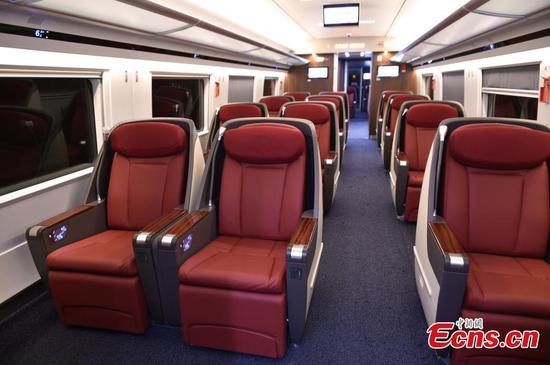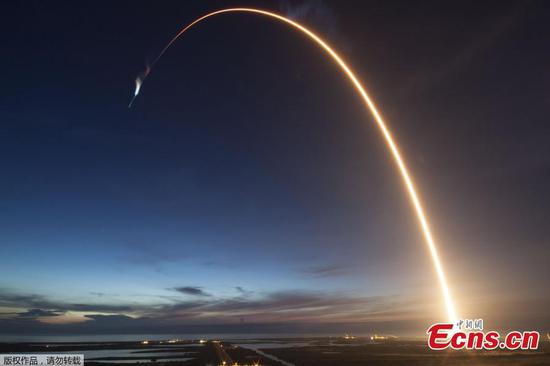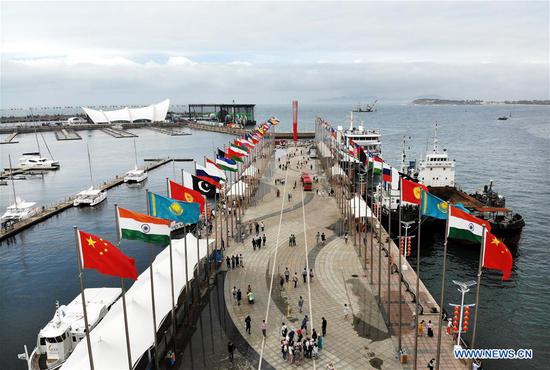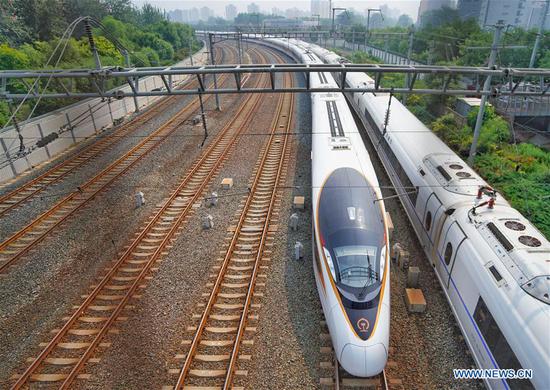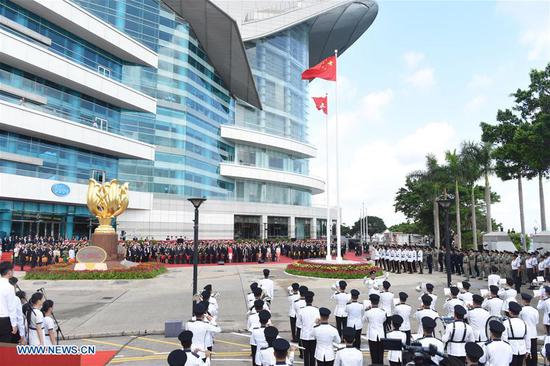The only thing for sure is loss of sales for some, gains for others, higher costs for many
It has been called a trade spat, a trade dispute, a trade confrontation, a looming trade war and even a trade bluff.
On Friday, unless there is some type of deal between Washington and Beijing, the rhetoric will become reality: a trade war.
The United States would impose 25 percent tariffs on $34 billion worth of Chinese machinery, medical instruments, aircraft parts and other goods. In return, China would impose the same tariff rate on the same value of U.S. goods, mostly farm products and seafood.
Those directly or indirectly connected to the hundreds of products facing tariffs from the U.S. and China — manufacturers, growers, middlemen, consumers and even other countries — would face the impact.
The only certainties from Friday would be loss of sales for some, sales gains for others and higher prices for many. The biggest uncertainty is what comes next.
U.S. President Donald Trump has threatened more tariffs: 10 percent on an additional $200 billion of Chinese goods and then another $200 billion in tariffs for any further Chinese retaliation. He also said he is contemplating a 20 percent tariff on European autos.
China's Ministry of Commerce has said the Trump administration is capricious and has further inflamed trade provocations, forcing China to make a strong response.
China is fully prepared to take multiple measures to respond if the U.S. comes up with a new tariff list to adopt trade-distorting practices, a ministry spokesman said.
The immediate impact is expected to be minimal for most businesses and consumers. But economists say the world eventually could be pushed into a recession by the combination of the June 1 steel and aluminum tariffs Trump imposed on Mexico, Canada and the European Union — the first two nations accounting for about half of U.S. imported metals — and retaliatory tariffs, including Chinese tariffs.
But Daniel Rosen, partner at economic research firm Rhodium Group, told The New York Times: "Nobody can honestly claim in high confidence that they understand what the overall impact will be. You may as well project the weather on a Tuesday afternoon a year from now.''
For Stephanie Nadeau, owner of the Lobster Company in Arundel, Maine, the potential impact of a 25 percent tariff is clear. Some 70 percent of her lobster exports go to Asian markets, especially China.
China's U.S. lobster imports increased from $108.3 million in 2016 to $142.4 million last year as an emerging middle class can now afford them.
"It is Maine lobstermen, the men and women on boats in Alaska, and families harvesting and processing seafood in the Pacific Northwest who will feel the brunt of the administration's misguided policy. It is not clear where these trade actions will ultimately lead; what is clear is that they will negatively impact American seafood jobs," John Connelly, president of the National Fisheries Institute, said in a statement to China Daily.
Businesses and industries across the U.S. economy have been lobbying the White House to let up on tariffs for months, as have politicians of both main political parties, with little success.
And Trump has continued to sing his own praises for the tariffs.
At a groundbreaking ceremony for the new $10 billion Foxconn plant in Racine, Wisconsin, on Thursday, he said: "We've put tariffs on steel and aluminum. Those businesses are through the roof.''
Some U.S. steelworkers, despite being the intended beneficiaries of the steel tariffs, may lose their jobs.
Novolipetsk Steel, in Mercer County, Pennsylvania, imports as much as two million tons of steel slabs annually. CEO Bob Miller has estimated that up to 1,200 jobs could be at risk. The company could also pull back from planned plant investments, including $600 million in Pennsylvania and Indiana alone.
Businesses in Michigan are already feeling the impact of the steel and aluminum tariffs. Kent Ensing, vice-president of supply management at Zeeland, Michigan-based furniture manufacturer Herman Miller, said his company does not import raw steel or aluminum from Canada, Europe or Mexico, but has still felt the impact of the tariffs.
"U.S. domestic mills raised their prices immediately after tariffs were announced," Ensing told the Holland Sentinel. "The current domestic prices are now equivalent to the imported prices with the tariffs."












